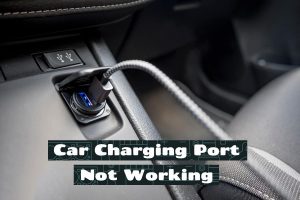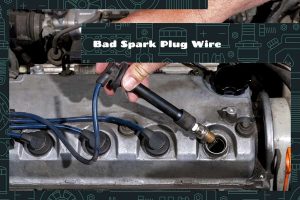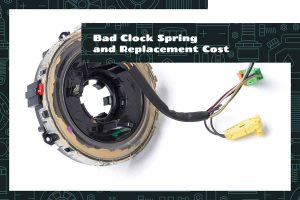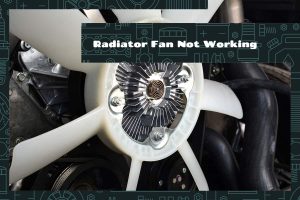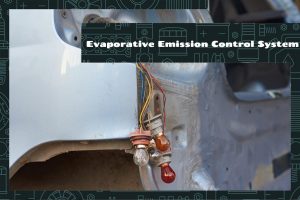Ford Fusion vehicles have gained popularity for their reliability and stylish design. However, like any other vehicle, they can experience powertrain faults that may impact their performance and overall driving experience. Understanding the possible causes of these faults and how to address them is essential for any Ford Fusion owner or mechanic.
The most common causes of Ford Fusion powertrain faults are as follows:
- Transmission problems
- Engine misfires
- Exhaust Gas Recirculation (EGR) valve failure
- Throttle body issues
- Powertrain Control Module (PCM) failure
This article will delve into the common causes of powertrain faults in Ford Fusion vehicles, offering potential fixes and preventative measures.
Intro to the Powertrain Systems
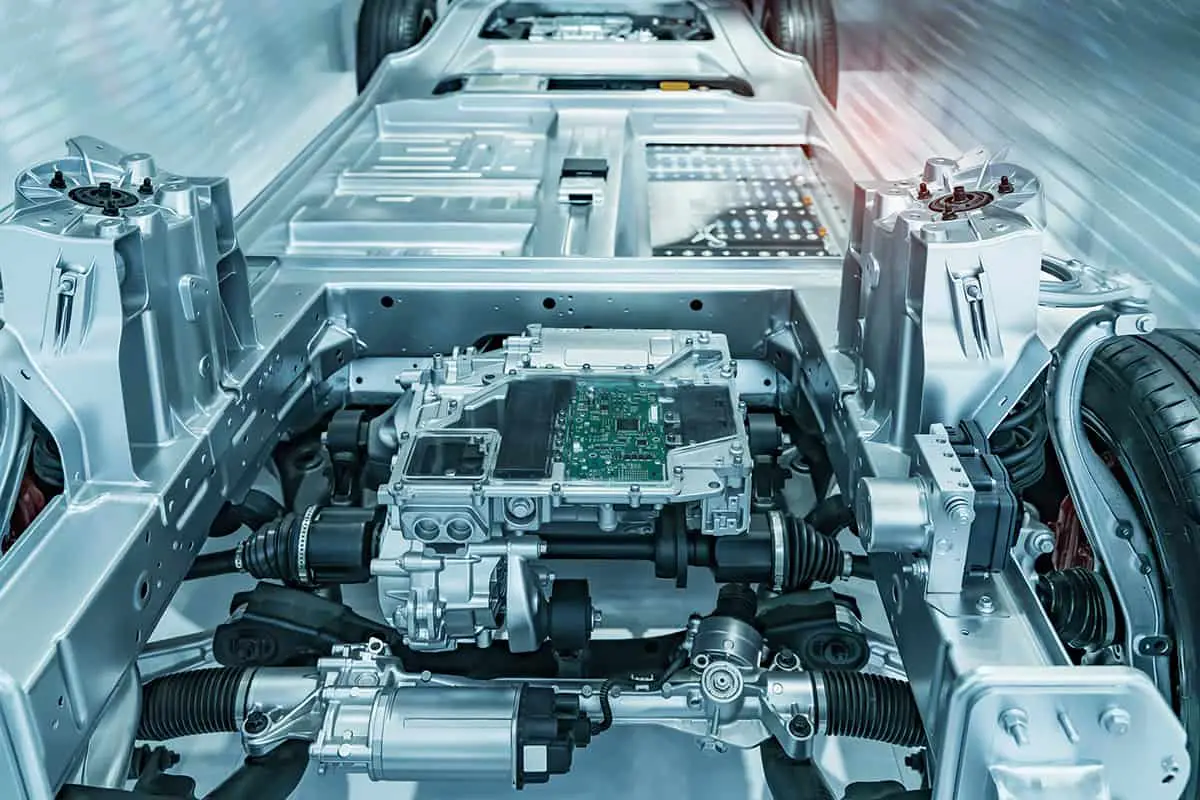
The powertrain system is a crucial part of any vehicle, including the Ford Fusion. It’s responsible for transferring the engine’s power to the wheels, allowing the car to move. Knowing the components and their functions helps in identifying and fixing powertrain faults.
- Engine—The engine generates power by burning fuel. It’s the heart of the powertrain system, converting fuel into motion.
- Transmission—The transmission regulates the engine’s power, ensuring the right amount reaches the wheels. It controls the vehicle’s speed by shifting gears.
- Drive shaft—This component transmits the rotational power from the engine to the wheels. It connects the transmission to the differentials.
- Differentials—Differentials balance the speed of the wheels when turning, preventing tire wear and enhancing control. They distribute power from the drive shaft to the axles.
- Axles—Axles are rods that connect the wheels to the differentials. They transmit rotational force from the differentials to the wheels, allowing the car to move.
Ford Fusion Powertrain Faults Causes and Fixes
Powertrain faults in Ford Fusion vehicles can arise from various issues. Understanding the common causes helps mechanics and owners pinpoint the source of the problem, enabling them to apply the most appropriate fixes.
1. Transmission problems
Transmission issues are among the most common causes of powertrain faults. They can manifest in several ways, including difficulty shifting gears, slipping gears, or sudden loss of power. Some of these problems may arise due to low transmission fluid levels, contaminated fluid, or worn-out components.
Solution:
Addressing transmission issues may involve checking and topping up the transmission fluid, replacing the contaminated fluid, or repairing or replacing worn-out components. In some cases, a complete transmission rebuild or replacement may be necessary to resolve the issue.
2. Engine misfires
Engine misfires can also contribute to powertrain faults. A misfire occurs when the engine fails to fire on one or more cylinders. Symptoms include rough idling, loss of power, and poor fuel efficiency. Misfires can be caused by a range of factors, such as worn spark plugs, faulty ignition coils, or issues with the fuel delivery system.
Solution:
Fixing engine misfires often involves replacing worn spark plugs, faulty ignition coils, or addressing fuel delivery system issues. This may require cleaning or replacing fuel injectors, checking the fuel pressure, or examining the fuel pump.
3. Exhaust Gas Recirculation (EGR) Valve failure
The EGR valve plays a vital role in reducing emissions by recirculating a portion of the exhaust gases back into the engine. However, a faulty EGR valve can lead to powertrain faults. Symptoms of EGR valve failure include poor engine performance, increased emissions, and a noticeable drop in fuel efficiency. EGR valve issues can stem from carbon buildup, a damaged valve, or an electrical problem.
Solution:
To address EGR valve failure, mechanics may need to clean or replace the valve, check for carbon buildup, or inspect the electrical connections. In some cases, a software update for the PCM may be necessary to resolve EGR-related issues.
4. Throttle body issues
The throttle body regulates the amount of air entering the engine, controlling engine speed and power. Problems with the throttle body can cause powertrain faults, with symptoms such as erratic acceleration, stalling, or a lack of power. Common causes of throttle body issues include a dirty throttle body, damaged sensors, or an electrical problem.
Solution:
Fixing throttle body issues typically involves cleaning or replacing the throttle body, checking sensors for damage, or examining the electrical connections. In some instances, a PCM software update may be required to resolve throttle body-related problems.
5. Powertrain Control Module (PCM) Failure
The PCM is the vehicle’s main computer, responsible for managing various engine and transmission functions. A faulty PCM can result in powertrain faults, with symptoms like poor engine performance, transmission issues, and warning lights on the dashboard. PCM problems can arise from software glitches, damaged sensors, or electrical issues.
Solution:
Addressing PCM failure may involve updating the software, repairing or replacing damaged sensors, or checking for electrical issues. In severe cases, the entire PCM may need to be replaced to resolve the problem.
Diagnosing Powertrain Faults
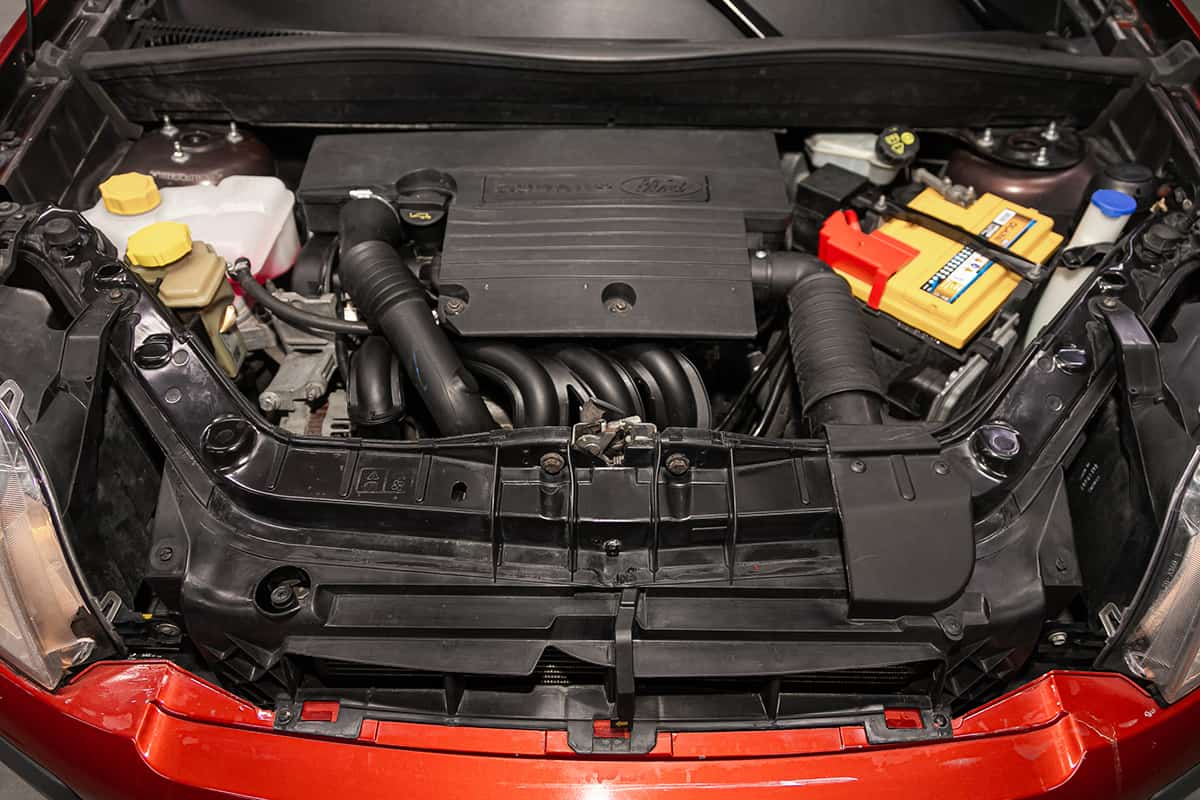
Diagnosing powertrain faults in Ford Fusion vehicles is a crucial step in identifying the underlying issue and applying the most effective fix.
Using an OBD-II Scanner
An OBD-II scanner is an essential tool for diagnosing powertrain faults. It allows mechanics and owners to read and clear fault codes stored in the vehicle’s computer system.
To use an OBD-II scanner, simply connect it to the vehicle’s OBD-II port, turn on the ignition, and follow the scanner’s instructions to read the fault codes.
Visual Inspection
A visual inspection can help identify potential issues with the powertrain system. Mechanics should look for signs of damage, leaks, or wear on components such as the engine, transmission, drive shaft, differentials, and axles. Inspecting the wiring and connections in the powertrain system can also help identify any electrical issues that may be causing powertrain faults.
When Should I Consult a Professional Mechanic for Powertrain Issues?
You should consult a professional mechanic for powertrain issues in the following situations:
- You’re unable to diagnose the problem using an OBD-II scanner or visual inspection.
- The issue requires specialized tools or expertise that you may not possess.
- The problem involves major components, such as the engine or transmission, that may require significant repairs or replacement.
- You’ve attempted to fix the issue yourself, but the problem persists or worsens.

